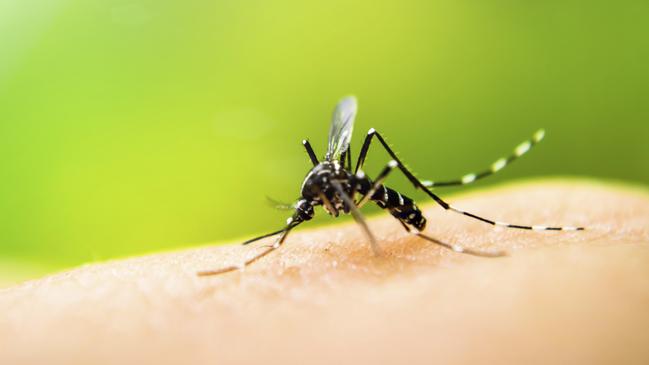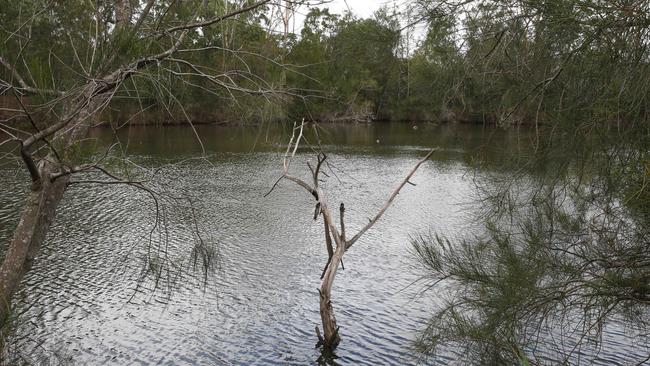One dead, four in hospital with deadly mosquito virus, linked to regional SA travel
One person has died and four others are now in hospital after being infected with a mosquito-borne virus in SA. Experts say regional travel in SA is “a certain link”.
SA News
Don't miss out on the headlines from SA News. Followed categories will be added to My News.
Seven South Australians have been infected by a mosquito-borne virus in the past month, including one person who died. SA Health said the cases were all linked by regional travel.
The health departments’s executive director, Dr Chris Lease, sent out an urgent warning after seven cases of acute encephalitis were identified in the past month in SA.
“All of these people required hospitalisation, with four people still in hospital and one person having sadly passed away,” Dr Lease said.
He said cases come from both regional and metro South Australia, but a “certain factor” of the hospitalisations is SA regional travel.
The Advertiser understands a majority of the seven people affected undertook regional SA travel.

“There are people who’ve done travel, and that’s the certain factor of the moment,” Dr Lease said.
“One of the challenges we do have is confirming some of their travel history.”
Dr Lease could not confirm the gender or age of the victim who had died, or whether any pre-existing medical conditions were a factor for those in hospital.
The cases are being investigated as to which flavivirus infection they belong to after multiple viruses were detected in recent weeks including kokobera virus in Riverland mosquitoes.
Japanese encephalitis virus was detected in interstate pigs, and West Nile virus in horses interstate.
If Japanese encephalitis arrived in SA, it would be the first time ever it had infected local animals.
All flavivirus infections can develop into encephalitis, which can be deadly.
The virus is believed to have come from an animal host – possibly a pig – which was bitten by a mosquito, which then passed it on to a human.
“Most people who are infected with these viruses are asymptomatic or develop a mild febrile illness, but a small proportion of infected people – less than 1 per cent – will develop encephalitis, which may be fatal or cause long-term neurological damage,” Dr Lease said.
“Symptoms of encephalitis may include confusion, headaches, neck stiffness, tremors, drowsiness and seizures.”
Deputy director for the research centre for infectious diseases at Adelaide University, Professor Michael Beard, said the high number of cases of encephalitis were rare.
“Viral encephalitis is rare in general, we just don’t have the transmission you have in other parts of the world,” Prof Beard said.

“Kokobera virus is incredibly uncommon … I think there has been one case of encephalitis with that virus ever recorded in Australia.”
The state’s chief veterinary officer, Dr Mary Carr, also urged all pig and horse owners to be alert of signs of the virus and to report any unexplained pig deaths.
The Department of Primary Industries is currently undertaking surveillance measures in SA to monitor for the disease in pigs which is yet to be detected locally.
In addition to the cases of encephalitis, there has been 77 cases of another mosquito borne disease, Ross River virus, up from 48 at the same time last year.
The rise of mosquito-borne viruses are thought to be linked to the current La Nina wet weather pattern.
More Coverage
Originally published as One dead, four in hospital with deadly mosquito virus, linked to regional SA travel



